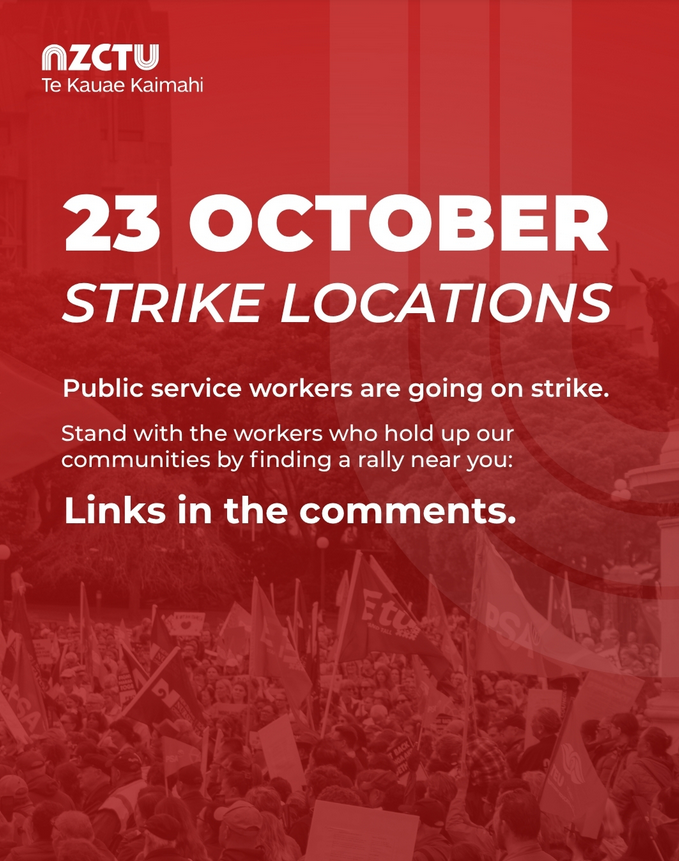Guardians of the Sea: The Role and Risks Faced by MPI Fisheries Officers
- Jeremiah Smith
- Apr 4, 2025
- 3 min read

New Zealand is a nation defined by its relationship with the ocean. With over 15,000
kilometers of coastline and an exclusive economic zone among the largest in the world, the sustainable management of our marine resources is critical — not just for the environment, but for future generations, our economy, and our identity.
At the heart of this effort are Fisheries Officers, employed by the Ministry for Primary Industries (MPI). Often working behind the scenes — and sometimes on the frontlines — these officers are tasked with protecting our oceans, upholding the law, and ensuring the seafood we eat is harvested responsibly.
NUPE represents Fisheries Officers and celebrates the important and sometimes high risk work they do.
What Does an MPI Fisheries Officer Do?
Fisheries Officers are regulatory enforcement officers whose role includes:
Monitoring commercial, recreational, and customary fishing to ensure it complies with the rules of the Quota Management System (QMS).
Conducting inspections of vessels, fishers, fish retailers, and processors.
Investigating illegal fishing activity, such as poaching, black-market sales, and fishing in protected areas.
Working with iwi, hapū, and communities to promote sustainable fishing and protect customary fishing rights.
Educating the public on fishing rules, seasonal closures, and legal limits.
Their work supports the long-term health of New Zealand’s fisheries, which contribute billions of dollars to the economy and provide vital food resources both locally and globally.
Safety Concerns on the Frontlines
While the role of a Fisheries Officer may sound like a mix of marine biology, compliance, and community outreach — it also carries significant risks. Fisheries Officers often find themselves working in remote, isolated environments, interacting with members of the public under stressful, and sometimes volatile, conditions.
Some key safety concerns include:
1. Aggressive or Non-Compliant Individuals
Officers may encounter individuals or groups who are angry, intoxicated, or actively trying to conceal illegal activity. Verbal abuse and physical threats are not uncommon, especially when officers interrupt potentially lucrative but illegal fishing operations.
2. Working Alone or in Remote Areas
Many officers carry out inspections in isolated coastal areas, harbours, or at sea, sometimes with limited backup. Poor cellphone reception, long response times, and rough terrain add to their vulnerability.
3. Marine and Weather-Related Hazards
Being out on boats, docks, or rocky shorelines exposes officers to slippery surfaces, large swells, and unpredictable weather conditions. The risk of falls, injuries, or getting stranded is ever-present.
4. Night Work and Surveillance Operations
Investigations can involve covert surveillance or operations during unsociable hours, increasing the risk of confrontation and reducing visibility and access to help if needed.
What’s Being Done to Protect Officers?
MPI asserts they take the safety of its staff seriously. Some measures in place include:
Personal protective equipment (PPE) and safety training for all officers.
Body-worn cameras and communication devices to capture incidents and request assistance.
Protocols for working in pairs or with Police when risks are identified.
Ongoing de-escalation and conflict management training.

Despite these, many Fisheries Officers and NUPE still feel that more could be done to acknowledge the unique dangers of their role, ensure they are adequately resourced, and give them the same recognition and protections as other frontline enforcement professionals.
Fisheries Officers are a critical part of New Zealand’s environmental and economic protection force. They uphold laws that safeguard our oceans, support our industries, and protect our food sources — often at considerable personal risk.
As we continue to rely on the ocean for food, culture, and livelihood, it’s vital we support those who stand guard over it. That means not only recognising their role but also ensuring their safety, wellbeing, and professional standing reflect the importance of the work they do.
NUPE is committed to the ongoing advocacy for Fisheries Officers. If you work in this role or apply for the role and are successful, please do contact us to join.
Shout ou to NUPE members out there, please contact us if you need support, advocacy or have any matters you need to bring to our attention.








.png)



Comments